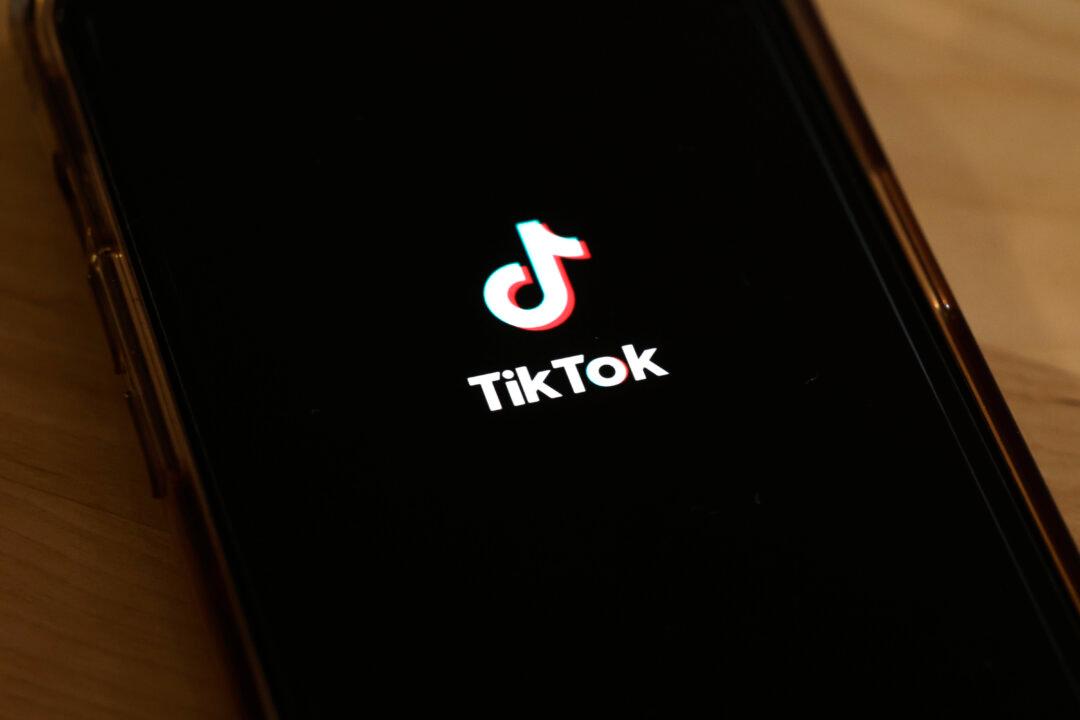A teacher fired for TikTok posts opposing the movement to change genders has lost her free speech appeal. A court ruled on June 28 that school district officials correctly predicted the posts would lead to substantial disruption if the teacher were retained.
Kari MacRae made six allegedly controversial posts on her personal TikTok account, including a disparaging post referring to a federal official who is a male but presents as a woman.





